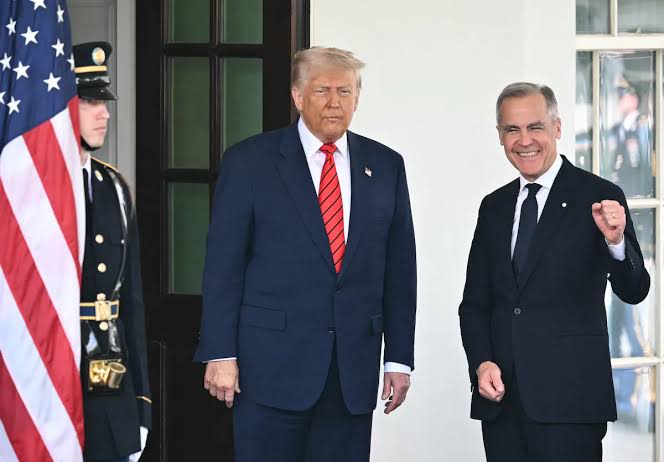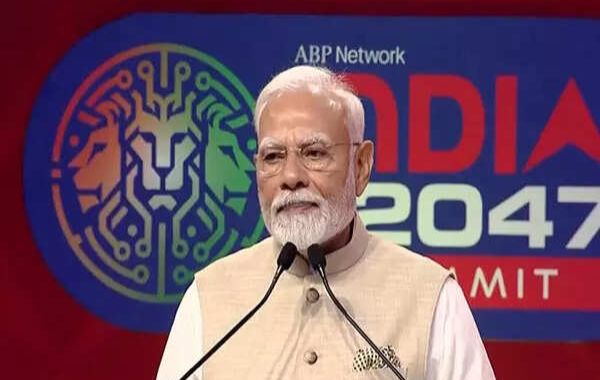 Image Source: The Washington Post
Image Source: The Washington Post
President Donald Trump welcomed Canadian Prime Minister Mark Carney to the White House today, their first face-to-face meeting since Carney's election in recent times. The encounter is taking place amid unprecedented tension between the two longtime allies, amid Trump's recent imposition of steep tariffs on Canadian imports and continued attempts to suggest that Canada would become the "51st state" of the U.S.
Carney, whose Liberal Party's re-election was partly driven by an anti-Trump tide in Canada, flew to Washington with a promise to stand up for Canadian interests and challenge what he described as "heightened aggression" from the Trump administration. "We are in a once-in-a-lifetime crisis," Carney said before the meeting, saying he was about to push back against U.S. pressure and stand up for Canadian sovereignty.
The day's agenda was trade, with both leaders acknowledging the need to iron out the tariffs that have disrupted the $762 billion annual trade between the two countries. Trump, meanwhile, reiterated claims that America is subsidizing Canada and wondered if the alliance is even necessary, tweeting, "We don't need their Cars, we don't need their Energy, we don't need their Lumber, we don't need ANYTHING they have, other than their friendship, which hopefully we will always maintain."
Carney pushed back forcefully against Trump's rhetoric, insisting that Canada is "not for sale" and dismissing any suggestion of annexation. "If I might interrupt, as you know in the real estate business, there are some places that are never for sale," Carney said, emphasizing his government's resolve to maintain Canadian sovereignty. In spite of the chilly weather, both leaders were optimistic about "constructive" talks. Trump suggested a big announcement on trade within the next few days, and Carney spoke of potential areas of cooperation even as he spoke of the gaps that must be filled.
When the two leaders sat down to converse, spectators throughout North America watched nervously, sensing that the result would redefine the future of one of the world's most intimate bilateral relationships.
Source: The Washington Post
Advertisement
Advertisement




